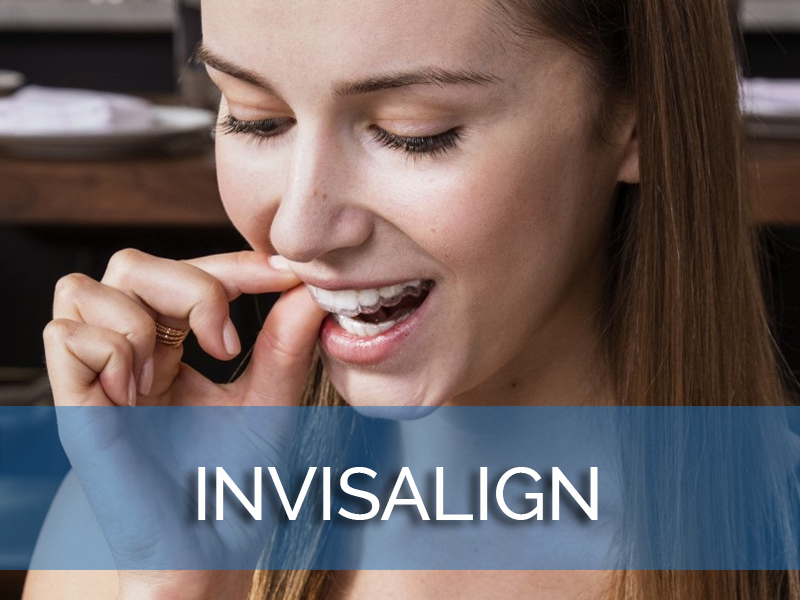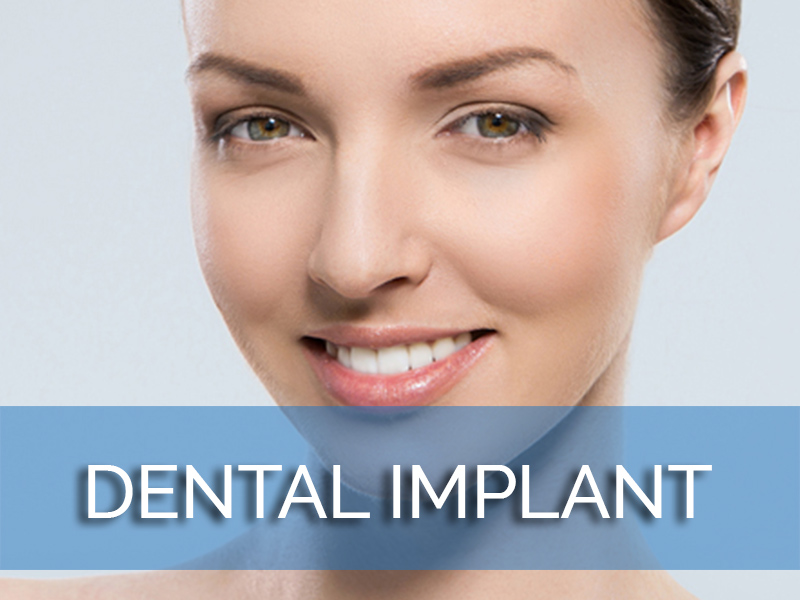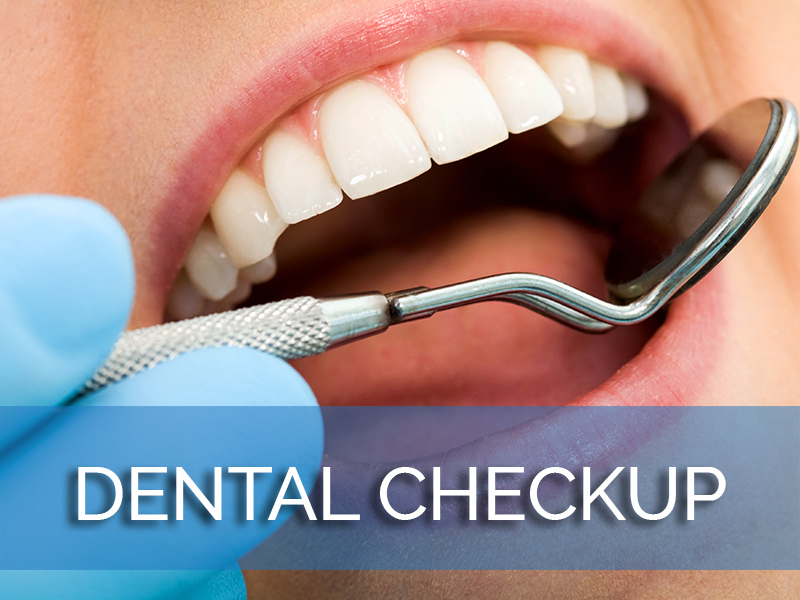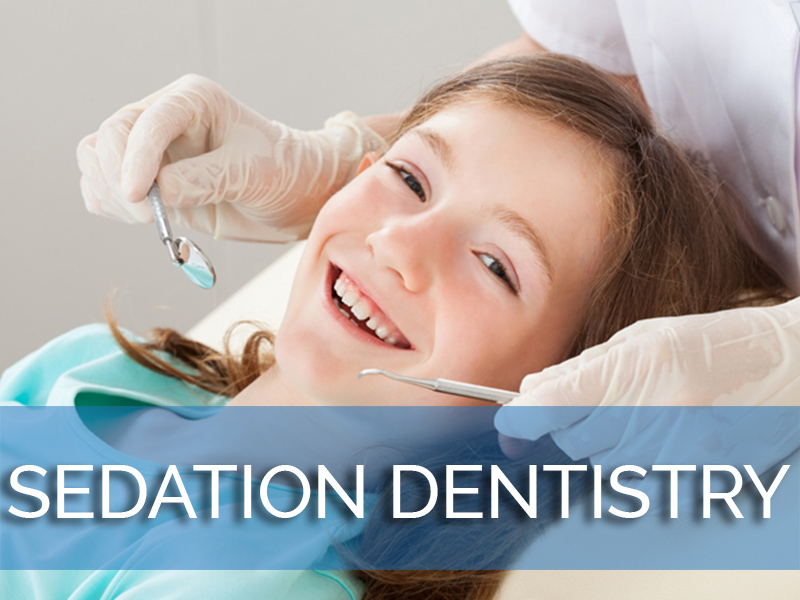Dentures are oral appliances that act in the place of natural teeth. People who have lost teeth due to injury, disease, or decay are good candidates for dentures. Dentures make it possible to chew and speak more naturally, and often help to preserve facial muscles which can sag when teeth are lost, giving you a more youthful appearance. Dentures can be full or partial, according to the needs of the patient.
The American Dental Association (ADA) divides full dentures into two categories: immediate and conventional. Immediate dentures, as the name implies, are placed immediately after tooth loss, while conventional dentures involve careful measurements of the mouth to ensure a custom fit. According to the ADA, immediate dentures offer the advantage of being usable during any healing time from tooth loss, but have the disadvantage of non-conformity over time due to shrinkage.
Full dentures are ideal for those who have lost all their permanent teeth. Dentures are usually made into “plates,” one for the lower jaw and one for the upper. There are certain care requirements that go with dentures, but with proper hygiene and maintenance, a good set of dentures can last the rest of your life.
Full dentures require particular care in the area of periodic refitting. An ill-fitting set of dentures can cause mouth sores and other problems. Full dentures also require regular maintenance. The ADA recommends that you never try to “fix” dentures yourself, but does advise that daily cleaning while standing over a towel or basin of water is necessary to keep your dentures fresh and free of bacteria.


Partial dentures are crafted to only replace a certain portion of the teeth. Most often, these plates replace front teeth, the most important from an appearance and speaking standpoint. An “overdenture” may also be used, which covers certain teeth that are still present.
Partial dentures can be a good alternative to expensive and invasive dental work, but will not replace implants for stability and permanence.
Just like a full set, partial dentures can be removed and should be cleaned periodically. The ADA suggests the same guidelines for cleaning: carefully remove the dentures and hold over a towel or basin of water to prevent breakage if dropped, then clean with an approved denture cleaner.
Partial dentures, like full sets, can also be held in place with denture adhesive. However, the ADA advises that adhesive is not the solution to ill-fitting dentures; rather, if dentures do not conform to the mouth, a refit should be made.
OUR SERVICES
Insurance Policy
Some of the major insurances we accept are displayed to the right, however, we gladly accept ALL PPO Insurance plans and are a Delta Dental Premier provider.
We will gladly help you to understand whether your insurance has limits on the doctors you can see or the services you can receive. If you provide complete and accurate information about your insurance, we will submit claims to your insurance carrier and receive payments for services.
Depending on your insurance coverage, you may be responsible for co-payments, co-insurance, or other deductible amounts. Please contact our office or call your insurance carrier should you have any questions.


YourLocalDentist.com
(800) 838-6316
8539 Sunset Blvd, Ste 16, Los Angeles, CA 90069
18399 Ventura Blvd #251, Tarzana, CA 91356
11126 Chandler Blvd. North Hollywood, CA 91601
6200 Wilshire Blvd #1508, Los Angeles, CA 90048
16500 Ventura Blvd., Suite 150 Encino, CA 91436
9535 Reseda Blvd, Suite 203, Northridge, CA 91324
361 E. Thousand Oaks Blvd. Thousand Oaks, CA 91360
4975 Whittier Blvd. Los Angeles, CA 90022
11233 Valley Blvd El Monte, CA 91731
17311 Yukon Ave Torrance, CA 90504
17742 Beach Blvd Suite 350 Huntington Beach, CA 92647
925 E. San Antonio Drive, Suite 15 Long Beach, CA 90807















